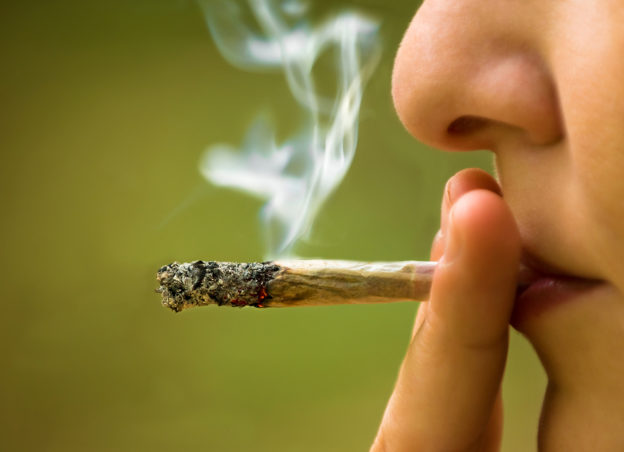A new review claims that research conducted on marijuana dependency has been skewed incorrectly towards men. Questions included in the criteria for diagnosing the condition such as, “Have you ever operated machinery or driven a truck while intoxicated from marijuana use?” are examples of a bias toward identifying and treating males with this issue.
Gender Bias Evident in Results
Researchers estimate that 12 percent of male and 5.5 female marijuana users are dependent on the drug. Gender bias has resulted in women being markedly underrepresented in these figures.
There has also been little work done on marijuana psychosis in parts of the world where marijuana use is significant. Most research is focused on gathering information in Europe, America and Australia. The impact of marijuana use in Asia, Africa and the Middle East is not being noted, and not much is known about statistics on marijuana psychosis in these parts of the world.
Ian Hamilton, from the University of York’s Department of Health Sciences, stated that about 10 percent of marijuana users are at risk of developing a dependence on the drug. He pointed out that diagnostic criteria must be updated to ensure the problem is represented accurately.
Mr. Hamilton confirmed that, “male-oriented questions” set the criteria for marijuana abuse lower for men than for women and that this fact could account for the difference in male and female dependence statistics. He also said that researchers have a limited understanding of the effect that marijuana dependence has on women and the effectiveness of treatment options for them.
More Details About Marijuana Dependence Needed
The review asserts that acquiring more details regarding marijuana dependence figures will help public health agencies when identifying and reaching out to high-risk groups.
Mr. Hamilton also said that most people who use marijuana won’t become dependent on it. Those who do become harmed by the drug won’t be “drawn equally from the population.” Instead, these people will be made up of some of the most vulnerable and disadvantaged members of society. He stated this will be the same situation “…as with problems associated with other drugs” and that problematic marijuana use, like other drug use, is only one of the advantages affecting these groups.

